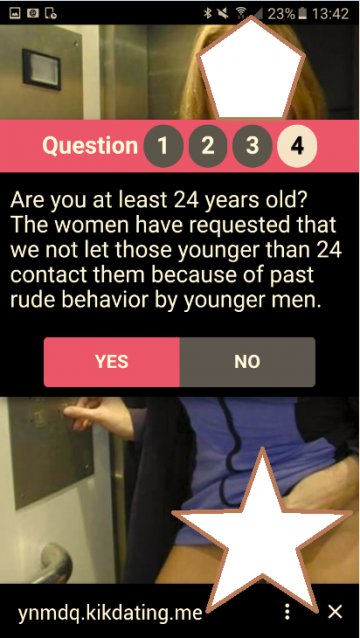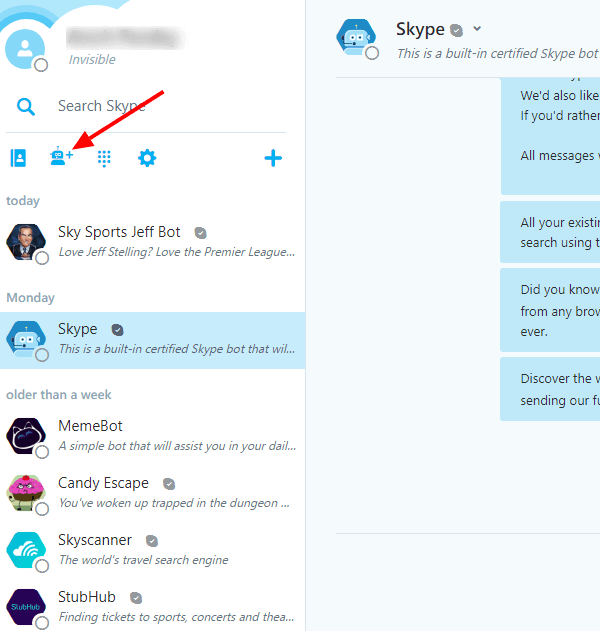
I think the better choice here is to ensure that the public has a way to communicate securely, and that our mental model of "trust usually, distrust as the exception" needs to move to "distrust usually, trust as the exception". I don't think there's a way to truly make a distinction between the two though, and I think saying, "nothing is ever allowed to access your communications" removes the possibilities for a lot of added functionality (the link bot being just the base camp of the mountain of things that are possible). Both monitor the chat and access links, but I value one and feel weird about another. I'd feel weird if someone was snooping in on my conversations and clicking my links, but on the other hand I very much appreciate the little bot that sits in my IRC channel and displays the title of any page linked.

I think we need to make a distinction between automated services and humans eavesdropping. My opinions are my own, but they are biased. Some changes through technology are unstoppable. It's time we stopped considering ourselves to be untouchable just because the law hasn't caught up yet, or because the majority of the people haven't figured out what the fuck we're doing.

And such a backlash won't just hit Microsoft e.a., but our entire industry. Modern online services have circumvented such regulations, but that doesn't make what Microsoft, or Facebook, or Google are doing any more ethical or socially desirable.Īll of this casual disregard for basic ethics can't continue without a serious backlash. To eavesdrop on people's private communication was considered a disgusting practice that belonged in totalitarian regimes, and an unacceptable violation of people's rights. There is a reason why we had strict regulations (a dirty word on HN, I know) for "old fashioned" mail and telephone.

People who defend this under the heading of "it's their service, don't use it if you don't like it", or "they're doing this for your convenience" completely miss the point.


 0 kommentar(er)
0 kommentar(er)
